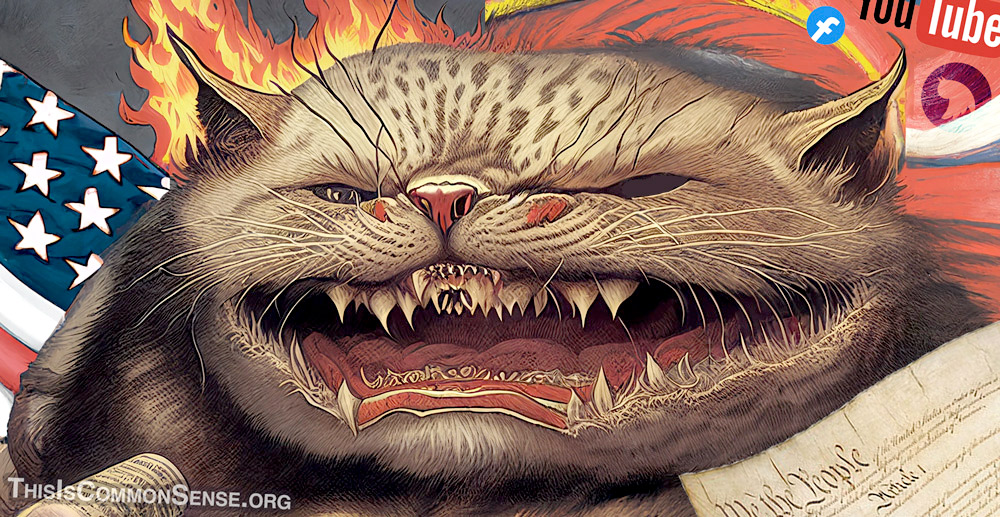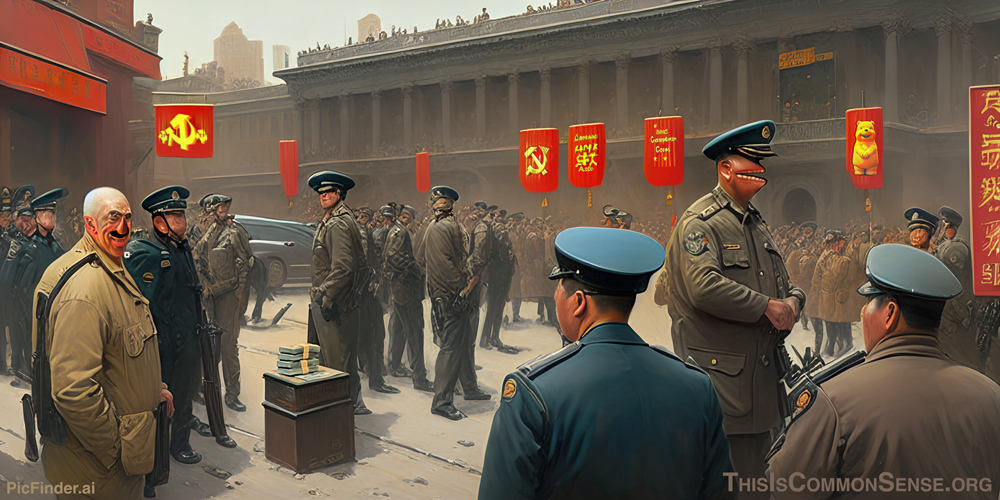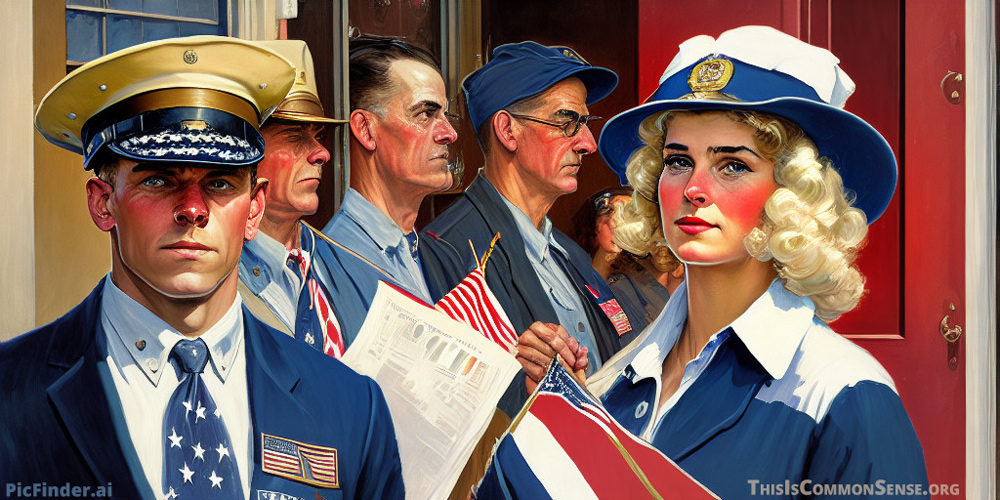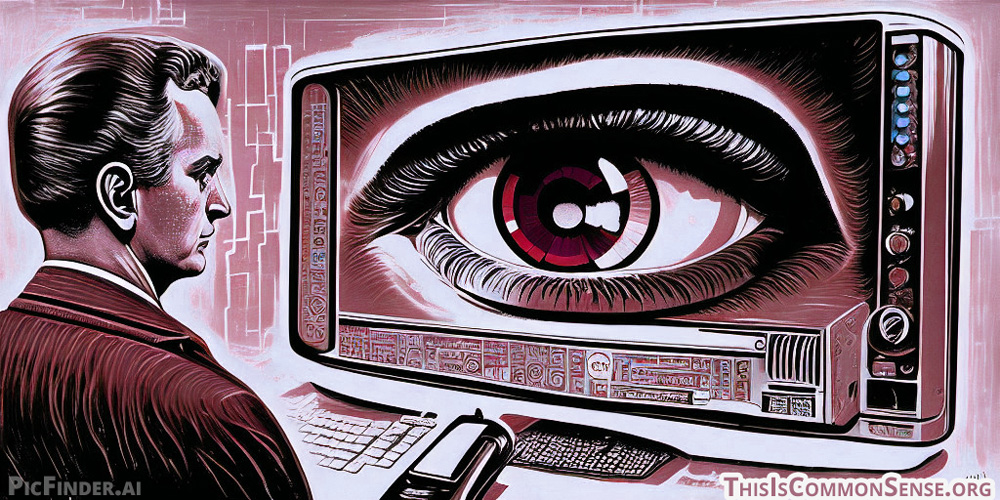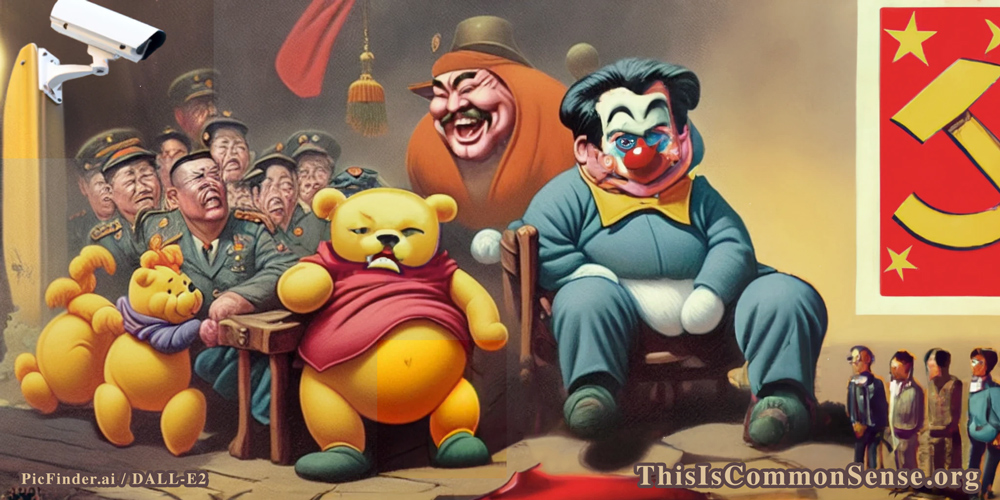For at least three years, we have all suspected — well, known — that the federal government has been pressuring social-media companies to censor speech that government officials dislike regarding the pandemic and other matters.
One clue: officials like Jennifer Psaki, White House press secretary from 2021 to 2022, forbiddingly and publicly demanded that social-media firms do more to suppress disapproved speech.
Even so, many left-wingers stressed that once allegedly open public forums like YouTube, Facebook, pre-Musk Twitter et al. were private entities with every darn right to set standards for posting.
Just market decisions, that’s all that was happening here!
Now that litigation has delivered so much evidence that government agencies have been colluding to censor, directly and chronically “working with” social-media firms to suppress dissent, many on the left are not even pretending to favor protection of First Amendment rights to express speech they disagree with.
Jonathan Turley notes that according to The New York Times, a recent ruling temporarily enjoining the Biden Administration from colluding to censor would, by fostering open discourse, lamentably “curtail efforts to combat disinformation.”
Washington Post editors and others on the left “no longer deny censoring,” agrees Jeffrey Tucker. “Now they defend censorship as a policy in the national interest.… They don’t even pretend to have respect for the First Amendment that gave rise to the national media in the first place. They now seek a monopoly of opinion and interpretation.”
Yes. Cat’s out of the bag.
This is Common Sense. I’m Paul Jacob.
Illustration created with PicFinder.ai
—
See all recent commentary
(simplified and organized)
